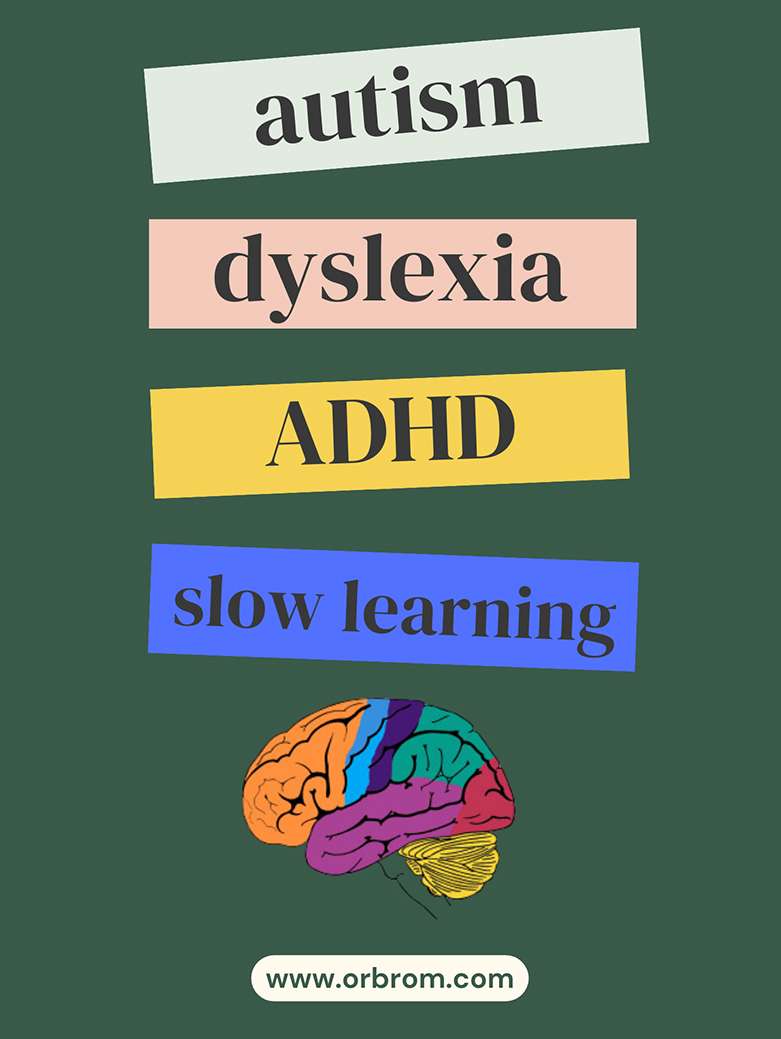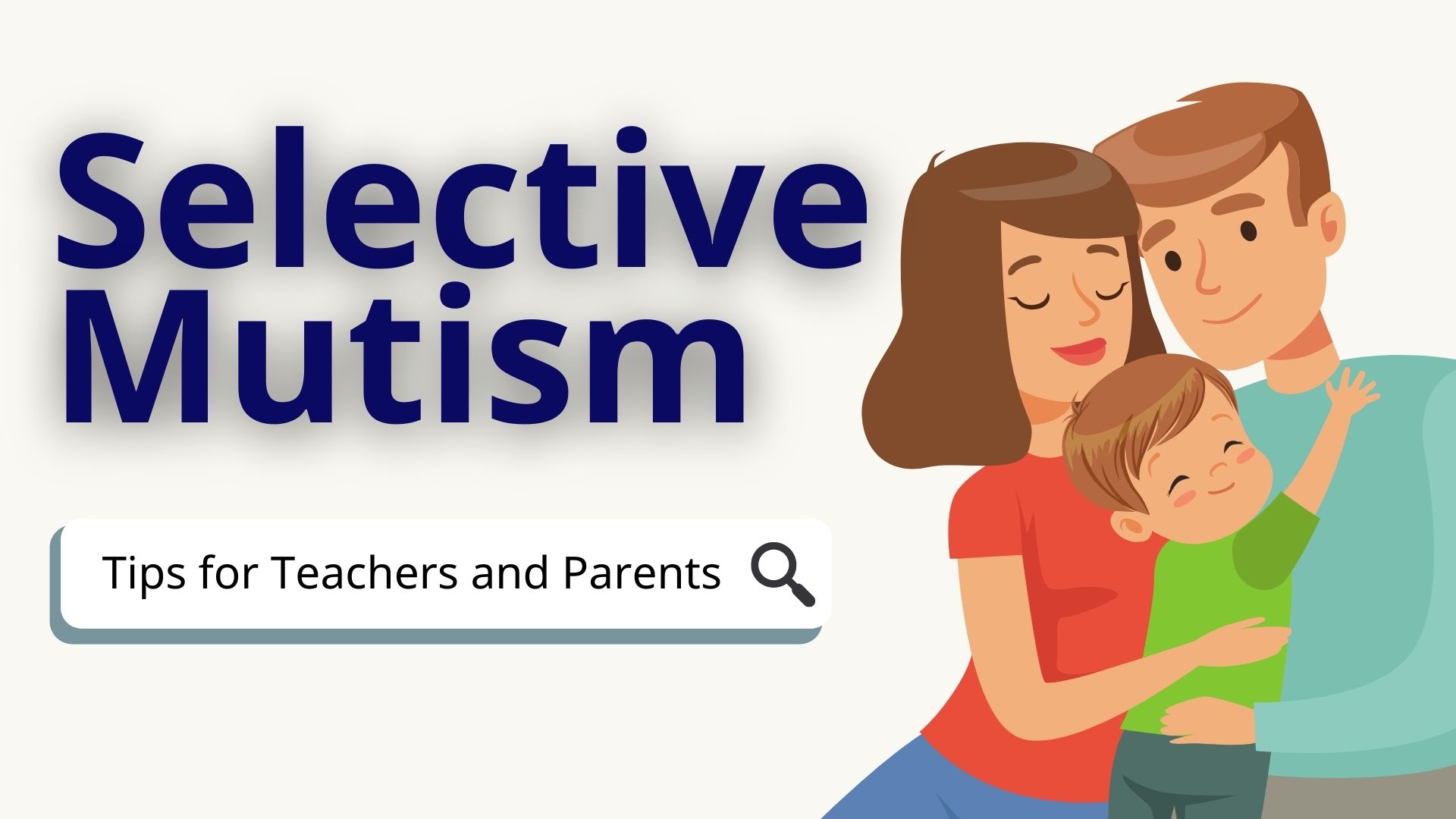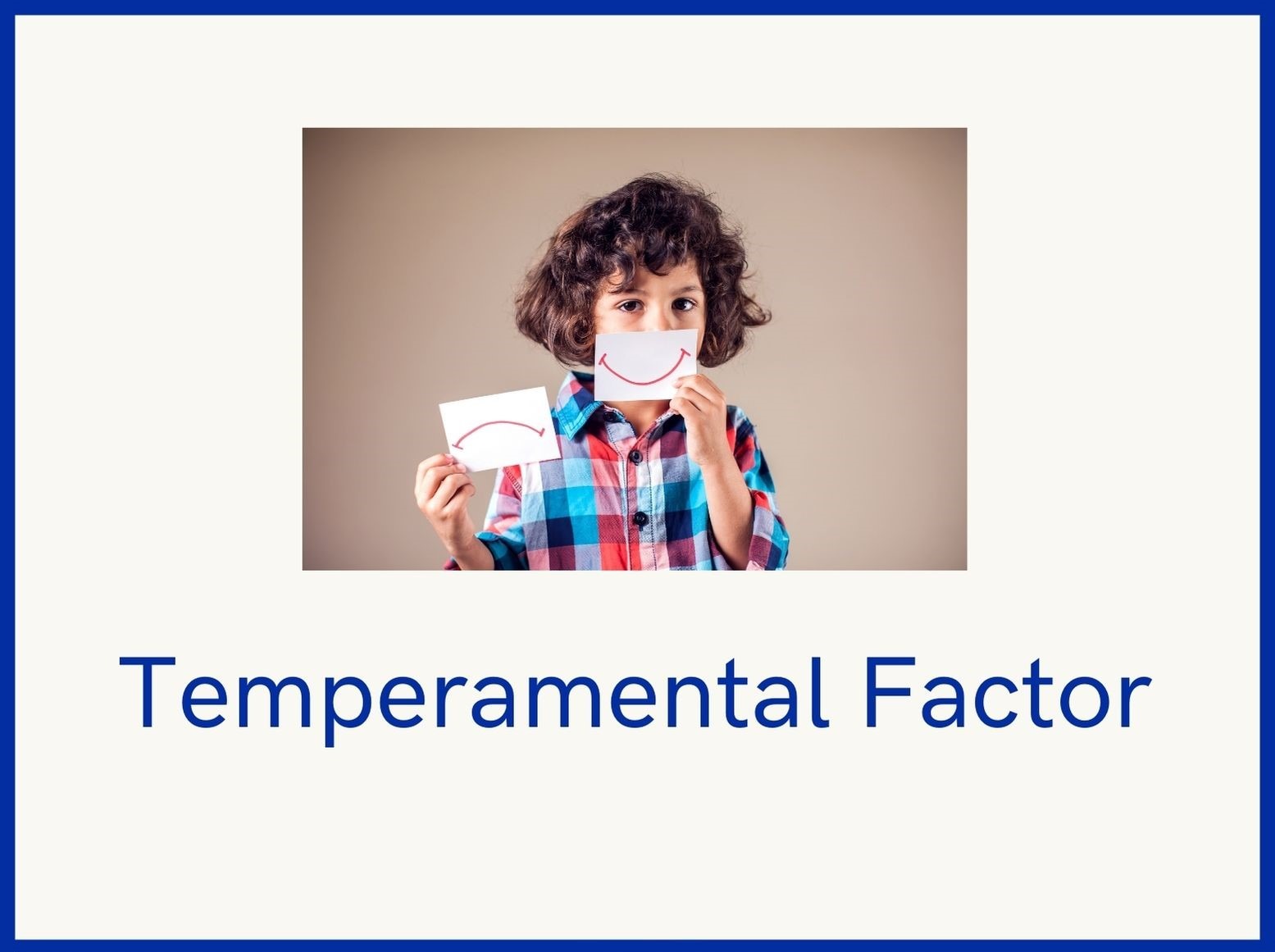Services for Autism, ADHD, Dyslexia, Spelling Difficulty, social and slow learning, Down Syndrome, and Selective Mutism. OrbRom is the best option in Phnom Penh.
If you are concerned about your child’s development, Contact OrbRom Center for Assessments.
Phone/Telegram: 077.455.993
Telegram Link: https://t.me/OrbRom
Selective Mutism
Selective Mutism? Symptoms, Causes and More
What is selective Mutism?
Selective mutism is a form of complex anxiety disorder. Due to the high level of anxiety, children with selective mutism fail to speak or communicate in certain social situations such as in the classroom or social gatherings. However, people with selective mutism can communicate freely to selected people, such as close family and friends with whom they feel comfortable, secure and relaxed.
Selective mutism does not present itself in the same manner in every individual. While some people can be completely mute in social settings, others may be able to communicate through other means such as whispering in a few social settings. Individuals with selective mutism do not choose to be mute, they do try to talk and speak. It is just that they experience anxiety so high that it makes talking impossible to happen.
What causes selective mutism?
The interaction of genetic, temperamental, environmental, and developmental factors is hypothesized to impact the cause of selective mutism.
Genetic Factor
Selective mutism, social reluctance, and social phobia are all shown to be more common in relatives of people with selective mutism, according to studies looking at behavioral traits and psychopathology. According to a recent study, it stated that 10 out of 24 children associated with selective mutism have a history of family members with either selective mutism or social anxiety symptoms in their childhood.
Temperamental Factor
A temperament style known as behavioral inhibition is characterized by a person’s inclination to express anxiety and avoidance in unknown situations. Shyness, which is linked to the topic of temperament, is a frequent personality trait in which people feel embarrassed, apprehensive, or nervous during social interactions, especially with strangers.
Environmental Factor
Environmental factor can also contribute significantly to selective mutism such as being forced to speak a new language. Some children with selective mutism come from a bilingual family, have been exposed to new languages as a child, or have lived in a foreign place. The added burden of speaking many languages creates uncertainty in these children, which leads to higher anxiety levels and, as a result, mutism.
Developmental factors
About a quarter of children with selective mutism have speech or language problems. Others may be introverted and have modest learning problems. These limitations increase a child’s stress and make them feel uncertain in frightening situations where they must talk.
Children with selective mutism also have a low excitability threshold in a part of their brain called the amygdala that can cause behavioral challenges. By processing impulses from the sympathetic nervous system, the amygdala detects possible threat. When people are afraid, they have a set of reactions that assist them to protect themselves. As a result, children with selective mutism interpret places like school, birthday parties, and gatherings as frightening scenarios, and their amygdala detects “danger” in these situations, causing anxiety.
Selective Mutism, Educational Challenges
Children with selective mutism may only be able to talk in hushed tones to their teachers or peers. Others may be unable to talk even in hushed tones and may go the entire school year without speaking.
Children with selective mutism may struggle to ask for help or initiate talks in class, even though they know the proper answer. They may also struggle to seek for aid or initiate dialogues. Many children with selective mutism are unable to ask to use the bathroom and may go for hours or even the entire day without doing so (or may have accidents).
Selective Mutism, Tips for Parents and Teachers
Parents:
- Stop pressurizing or bribing your child to make them to speak.
- Show your child that you understand they’re afraid to speak and find speaking challenging at times. Let them know that they can take small steps when they feel ready and reassure them that talking will get easier.
- Keep your praise privately to avoid embarrassment when they start speaking in public. Wait until you’re alone with them and consider a special treat for their achievement.
- Let your child know that non-verbal communication, such as smiling and nodding, is fine until they feel ready about talking.
- Join parties or family visits, but consider what environmental changes are needed to make your child feel comfortable in those situations.
- Ask friends and relatives to allow your child time to warm up at his or her at own speed and focus on fun activities rather their ability to talk.
- Give verbal reassurance, show them love, support and patience.
Teachers:
- Create a warm and supportive interaction with your students without requiring them to speak to you.
- Adopt small group instruction and activities
- Promote participation, independence, and assertiveness in all classroom activities without pressuring them to speak
Share This Story, Choose Your Platform!
Services for Autism, ADHD, Dyslexia, Spelling Difficulty, social and slow learning, Down Syndrome, and Selective Mutism. OrbRom is the best option in Phnom Penh.
If you are concerned about your child’s development, Contact OrbRom Center for Assessments.
Phone/Telegram: 077.455.993
Telegram Link: https://t.me/OrbRom






